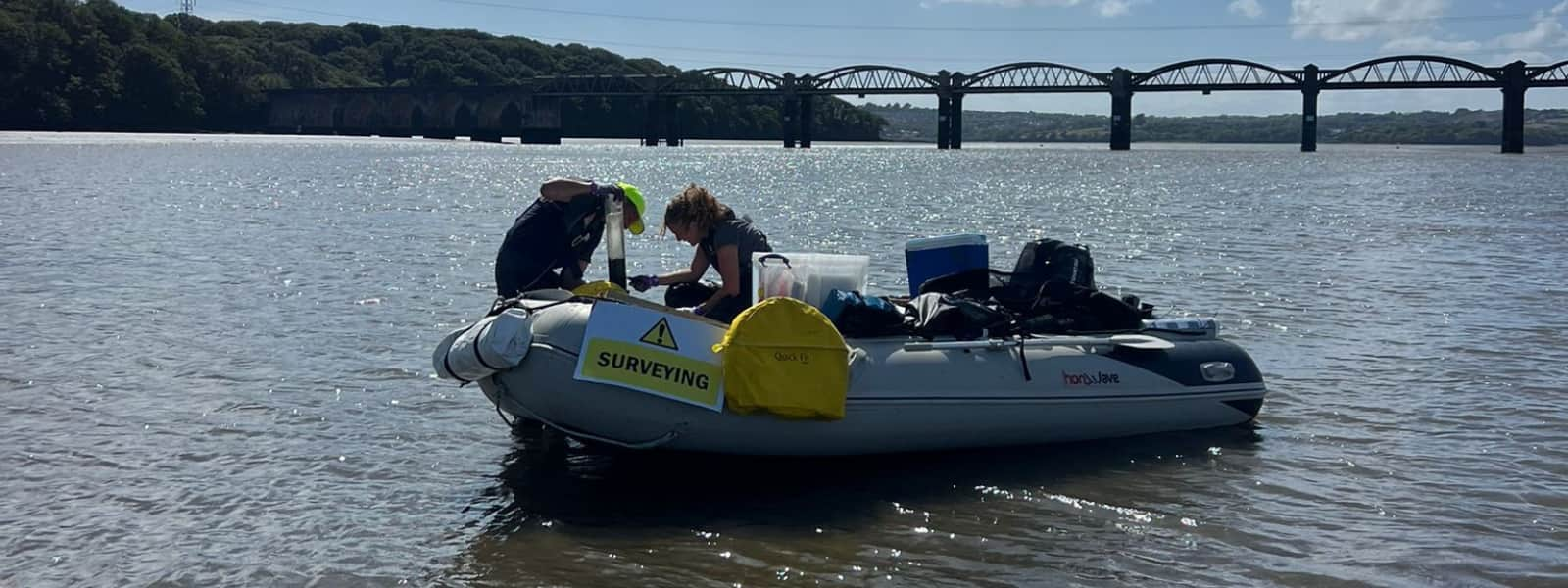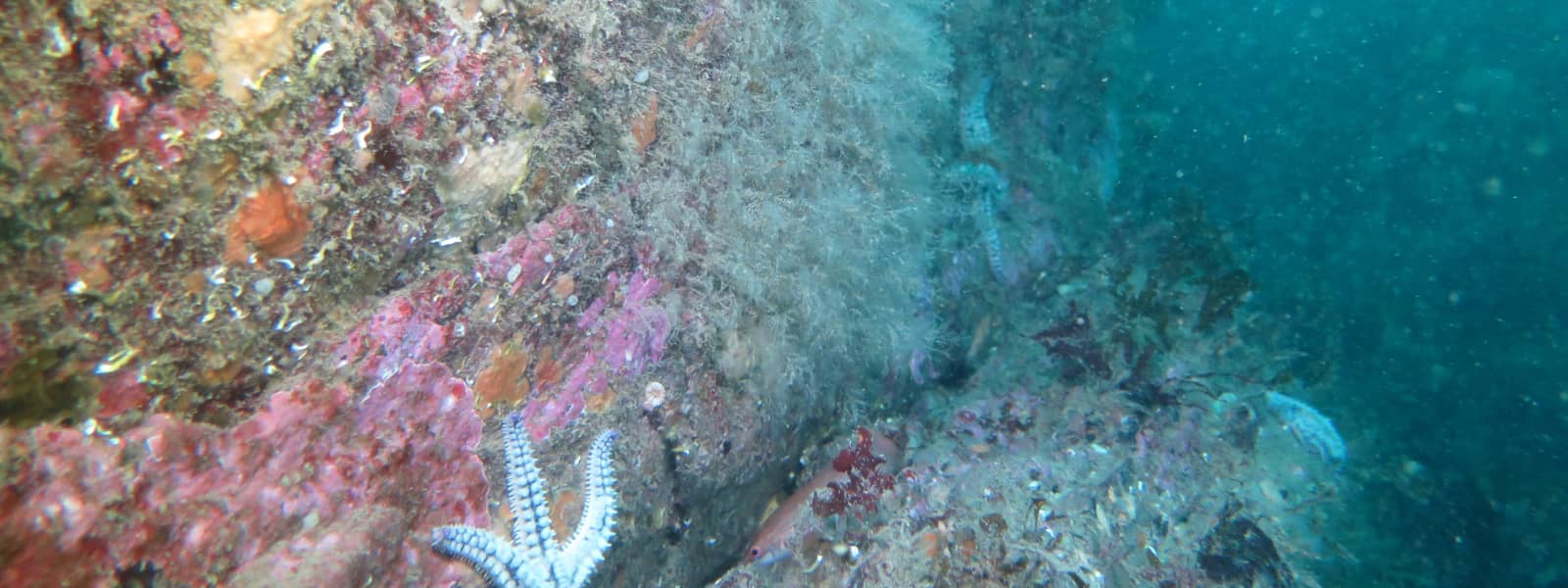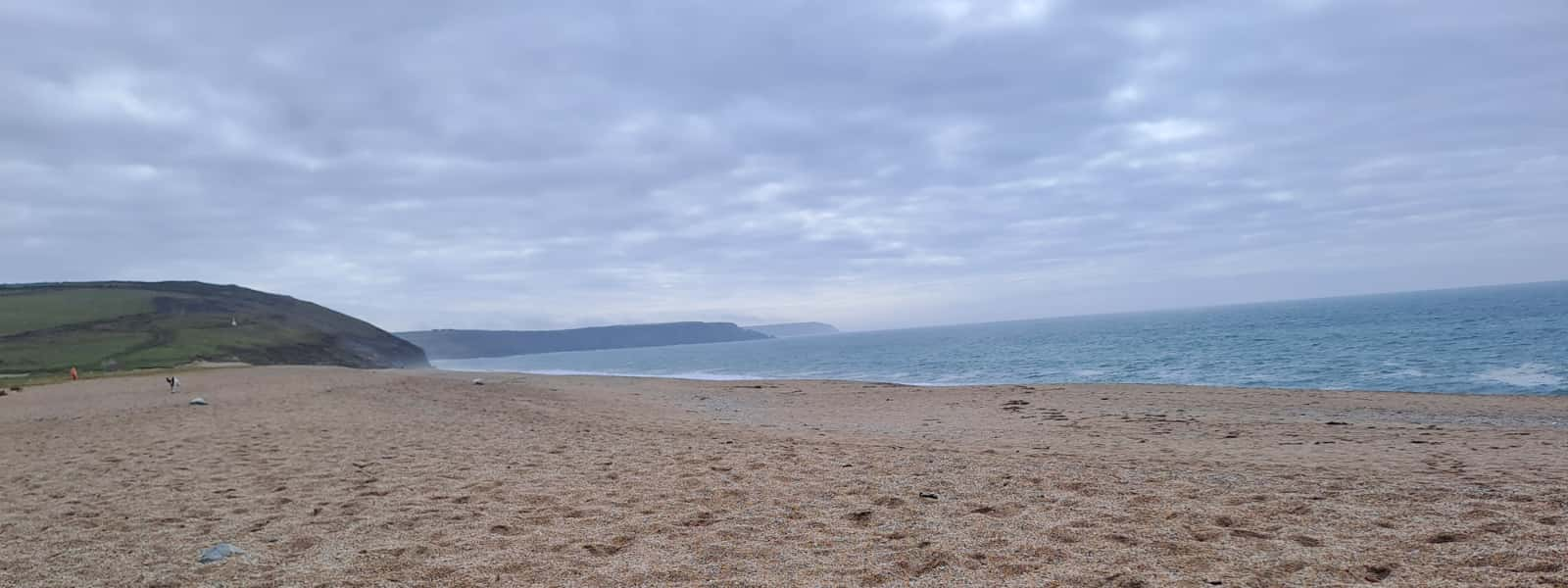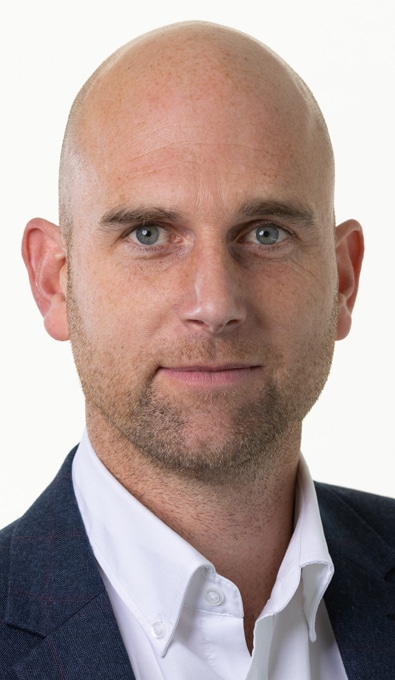The team at PML Applications has been working nonstop throughout the summer to deliver projects, form new collaborations, and further their expertise. Alongside working on commercial contracts, our colleagues have attended and presented at high-profile events to spread their expert knowledge in a range of marine science fields.
We’re sharing an update to catch you up on the highlights from our Centres of Excellence.
Centre for Coastal Technologies
Sam Fawcett Presents at Carbon to Sea Annual Convening
Sam Fawcett, Head of the Centre for Coastal Technologies, presented at the Carbon to Sea Annual Convening in Washington, D.C., the world’s first environmental monitoring framework for use during OAE (Ocean Alkalinity Enhancement) trials, detailing methods to ensure trials are responsibly approaching OAE. His talk was well-received, and the workshop format encouraged thoughtful discussion. Participants were given example scenarios and asked to use the framework while analysing its effectiveness.
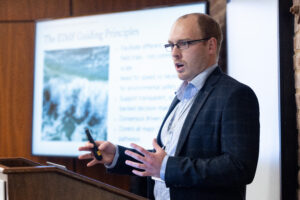
Carbon to Sea Initiative Annual Convening 2025 (photo by Allison Shelley)
RV Plymouth Quest Returns from Refit
One of the most anticipated moments in the PML and PML Applications calendar – RV Plymouth Quest returned from refit, ready to serve again as a scientific research vessel. Alongside regular maintenance, she underwent extensive upgrades, from updated controls with a bow thruster to new quarters for the crew. The future-proofed designs see her back in action and ready for vessel charter.
Plymouth Designated National Centre for Marine Autonomy
The Marine Autonomy event in Devonport, Plymouth, revealed Plymouth as the designated National Centre for Marine Autonomy. This exciting announcement and official documentation specifically named Smart Sound as a key component to marine autonomy development in Plymouth. This was later followed by the FMRI (Future Marine Research Infrastructure) workshop hosted at Plymouth Marine Laboratory, to discuss how autonomous vessels can be used to measure and monitor the marine environment.
Centre for Environmental Solutions
Out of the office and into the water: Fieldwork
The Centre for Environmental Solutions team, led by Dr Dimitrios Kaloudis, has been conducting fieldwork throughout the summer months. The team have been spending long days on the water, conducting sediment and water tests, using the specialist equipment and vessels available at PML Applications, while saline nutrients analysis is undertaken by PML’s world-class ultra-low detection limit nutrient facility.
UKEOF UKDNA Presentation at The Royal Society by Dr Tristan Biggs
Dr Tristan Biggs had an exciting opportunity to present on the subject of ‘eDNA Monitoring of UK coastal and estuarine fish’ at the 2025 UKEOF UKDNA Working Group Conference at The Royal Society in London with an aim to develop robust and high-quality eDNA monitoring to support fish population assessments and ecosystem health assessments throughout UK coastal waters.
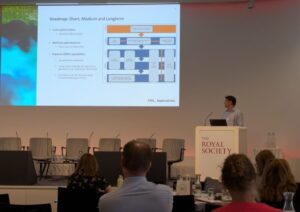
ReMeMaRe Attendees Discuss Restoration and Regeneration of Marine Habitats
PML Applications’ Dr Dimitrios Kaloudis and PML’s Heidi Tillin attended the 2025 ReMeMaRe conference to gain valuable insight into the work towards the restoration of marine habitats. With work from both PML and PML Applications included in the event, our colleagues left feeling inspired by the significant results and benefits achieved from restoration projects and research.
Congratulations to PML Group Award Winners
In a celebration of the work of our colleagues, the PML Group Awards named several winners within PML Applications, with several others commended and nominated. In the Centre for Environmental Solutions, awards were won by Dimitrios Kaloudis and Heidi Tillin, with Highly Commended recognition for Michael Day.
Centre for Marine Biofouling and Corrosion
Biocide Balance Webinar
Dr Tom Vance presented as part of a new initiative – The Biocide Balance. This project with BMEG is seeking support to develop a model addressing the complexities and nuances of global shipping and the use of biocides with an aim to influence legislation. The model will focus on bringing all aspects together to provide data-supported predictions of the environmental impact of various biocides in different scenarios. With follow-up sessions planned, we look forward to seeing how this project develops.
PortPIC Conference 2025
For the 2025 PortPIC Conference hosted in Germany, Anna Yunnie and Lloyd Rees collaborated on a presentation on the ‘Biocide and Antifoul Paint Particle Release During In-Water Cleaning and Impacts on Marine Invertebrates’. The talk covered the method and results of a trial commissioned by the MoD that investigated the effects of cleaning methods on specific coatings, to answer whether in-water cleaning could cause marine pollution, what types of pollution it might cause, and how much pollution might occur from a single cleaning event. The trial focused on four high-performance coatings (plus controls), using water-quality tests for metals, microalgae, antifoul paint particles, and the effect of paint particles on benthic organisms when cleaning using a soft polyester brush, a medium polyester brush, and a high-pressure water jet system. This research was part of a bigger project that provided new data to answer whether in-water cleaning would cause a pollution event.
International Antifouling Conference
Dr Tom Vance attended and presented at the International Antifouling Conference in Gothenburg, Sweden.
The well-attended event covered novel developments in antifouling coating formulations, regulatory aspects, in-water cleaning and biofouling prevention from the perspectives of fleet operators. Tom’s presentation focused on encouraging a holistic view to considering the environmental impacts versus the environmental benefits of proactive cleaning without capture and drew comparisons between how antifouling coatings perform under normal operation and cleaning events.
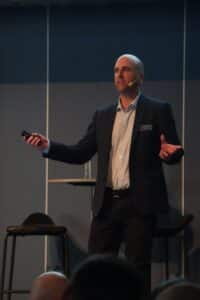
Centre for Geospatial Applications
Welsh Data Cube Event Provides Insight for EO (Earth Observation) Specialists
Ben Calton and Emmanuel Nwokocha attended a hackathon hosted by the Welsh Government to explore the Welsh Data Cube. The Welsh Data Cube uses information gathered via Earth Observation data to provide insight about our environment and inform decisions towards creating sustainable choices. This event left them with ideas for their EO programme, CORDIAL.
Summer Deployment of CORDIAL
The CGA team spent much of the summer deploying CORDIAL for an international organisation seeking to make use of Copernicus Marine Service data for their analysis. CORDIAL is our Earth Observation platform that allows users to handle and interpret EO data in a cloud environment or on their own chosen platform. With versatile capability and application, the CORDIAL platform provides a bespoke, easy-to-use space that allows you to harness the full potential of EO data for your specific needs.
The dedication of our colleagues ensures we are advancing in relatively new fields such as marine autonomy and eDNA as well as further establishing ourselves as experts in fields such as biocorrosion and Earth observation.
To follow along with our latest news, join us on LinkedIn, Bluesky and YouTube to hear our latest updates as well as receive notifications when we post new stories.
Sign up for our mailing list below to receive updates via email.
